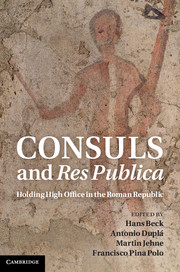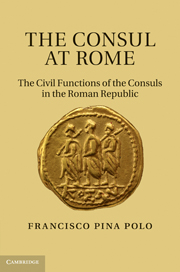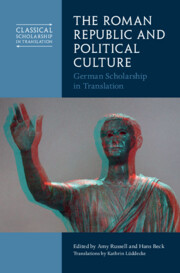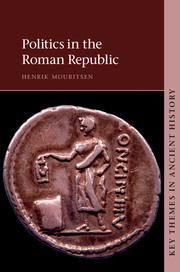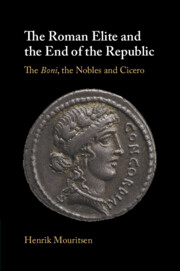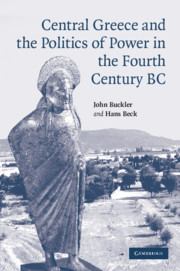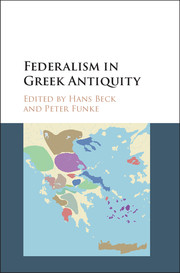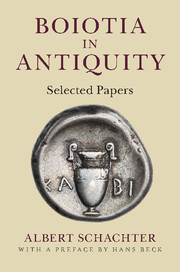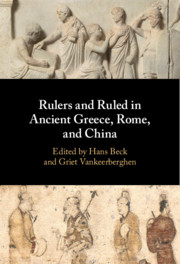Consuls and Res Publica
The consulate was the focal point of Roman politics. Both the ruling class and the ordinary citizens fixed their gaze on the republic's highest office - to be sure, from different perspectives and with differing expectations. While the former aspired to the consulate as the defining magistracy of their social status, the latter perceived it as the embodiment of the Roman state. Holding high office was thus not merely a political exercise. The consulate prefigured all aspects of public life, with consuls taking care of almost every aspect of the administration of the Roman state. This multifaceted character of the consulate invites a holistic investigation. The scope of this book is therefore not limited to political or constitutional questions. Instead, it investigates the predominant role of the consulate in and its impact on, the political culture of the Roman republic.
- Major set of papers providing new perspectives on the highest office in the Roman Republic
- Examines the consulate's role not merely in constitutional terms but in the context of the entire political culture of the Roman Republic
- Includes contributions from many of the top scholars working on the Roman Republic from both Europe and North America
Reviews & endorsements
'This book is a goldmine of information about the consulship from the beginning to the end of the Roman republic. The contributions are uniformly excellent, well-written, and carefully researched, with appropriate attention given to earlier scholarly opinions … a volume of helpful and readable essays on an important and timely topic of great interest to Roman historians and historiographers.' Bryn Mawr Classical Review
'This important collection of papers, arising from a conference at Zaragoza in 2007 and drawing upon the editors' research network on the consulship in the Roman Republic, is a welcome addition to a growing body of recent work on the republican constitution … a volume which, in its coherence, quality, and standard of editing is a model of how the book of the conference should be.' Catherine Steel, University of Glasgow
Product details
May 2015Paperback
9781107526518
388 pages
228 × 152 × 21 mm
0.565kg
1 table
Available
Table of Contents
- Introduction Hans Beck, Antonio Duplá, Martin Jehne and Francisco Pina Polo
- Part I. The Creation of the Consulship:
- 1. The magistrates of the early Roman Republic Christopher Smith
- 2. The origin of the consulship in Cassius Dio's Roman History Gianpaolo Urso
- 3. The development of the praetorship in the third century BC Alexander Bergk
- Part II. Powers and Functions of the Consulship:
- 4. Consular power and the Roman constitution: the case of imperium reconsidered Hans Beck
- 5. Consuls as curatores pacis deorum Francisco Pina Polo
- 6. The feriae latinae as religious legitimation of the consuls' imperium Francisco Marco Simón
- 7. War, wealth and consuls Nathan Rosenstein
- Part III. Symbols, Models, Self-Representation:
- 8. The Roman Republic as theatre of power: the consuls as leading actors Karl-Joachim Hölkeskamp
- 9. The consul(ar) as exemplum: fabius cunctator's paradoxical glory Matthew Roller
- 10. The rise of the consular as a social type in the third and second centuries BC Martin Jehne
- 11. Privata hospitia, beneficia publica? Consul(ar)s, local elite, and Roman rule in Italy Michael Fronda
- Part IV. Ideology, Confrontation and the End of the Republican Consulship:
- 12. Consular appeals to the army in 88 and 87: the locus of legitimacy in late Republican Rome Robert Morstein-Marx
- 13. Consules populares Antonio Duplá
- 14. The consulship of 78 BC: Catulus versus Lepidus: an optimates versus populares affair Valentina Arena
- 15. Consulship and consuls under Augustus Frédéric Hurlet.

